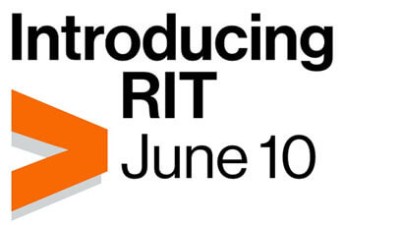Professors Are Humans Too
Your high school English teacher frowns upon you as you turn in a late assignment. “That won’t fly in college,” they retort, attempting to instill a better work ethic to prepare you for the more intense academic rigor of a university.
Except, it does fly in college? Many students arriving at college after graduating high school have mismatched expectations about how the next four years will academically unfold. Frequently, students are told that professors are overly rigid, strict, and unwilling to help students who turn in work late or miss class. From my experience, this is simply untrue.
During your first year, you need to address the misconception that professors are judgmental characters setting you up for failure. Professors are humans, too. They have families, hobbies, interests, and goals just like you. They have also failed many times, felt dejected, lost family members, and had difficult conversations. Professors have a lot of lived experience, and are fully capable of understanding how your studies may be impacted by varying stressors. At RIT, they are paid to help you succeed and act as a resource during your education journey. Additionally, it might be hard to believe depending on the age of your professor, but they were once students too!
The best way to overcome your intimidation of professors is by attending their office hours. Not only will you receive help on your assignment, but you will start to connect with them on a personal level. Take advantage of this opportunity to learn about their lives outside of the university, where they are not just entities holding a red pen marking up your work. The inverse will also occur here — your professors will learn more about you. You will no longer just be a face in one of the many classes they teach; you will become an acquaintance and potentially a mentee. I have multiple friends at RIT who developed personal connections with professors, and then those professors thought of my friends first for research or teaching assistant positions. The value of networking cannot be understated here.
One dimension of a personal connection with a professor is that they will be understanding if things happen that you cannot possibly be prepared for. For example, during my sophomore year at RIT, my car started struggling to accelerate from a standstill. The problem was diagnosed by a local mechanic as a torque converter issue, something that would cost $3,000 to fix. This placed a significant financial burden on both myself and my family, and was a primary point of stress until my family scraped together the funds to cover it. I started turning in assignments and showing up to classes late because of the extra stress on top of my dense course workload.

RIT CET Advising and Engagement Office
After submitting a round of assignments late and feeling melancholic about it, I approached my Statics professor, Dr. Faraque, and asked him for an extension on the next homework while I managed my increased stress levels.
“Of course! Why didn’t you tell me earlier?” he said, giving me a pat on the back.
What’s important in this dynamic is that you’re not expecting professors to be lenient with you. You have to earn this privilege, and it requires having a respectable work ethic. As long as you communicate with professors beforehand and prove that you are an otherwise reliable student, professors are far more likely to give you some leniency with extensions. Don’t be friendly with them just to get extensions out of them — professors are more than capable of detecting your ulterior motives.
It took me a couple years at RIT to even become comfortable with the idea of attending a professor’s office hours, and then another semester before I started regularly making conversation with my professors. You are not falling behind if you are uncomfortable with the idea of approaching your professors right now. Your professors will not bite if you ask for help or initiate a conversation with them. If they do bite, please let the university know so they can be investigated. Connecting with your professors on a deeper level will help you in a variety of ways, and it starts by viewing them as people just like you and me.










